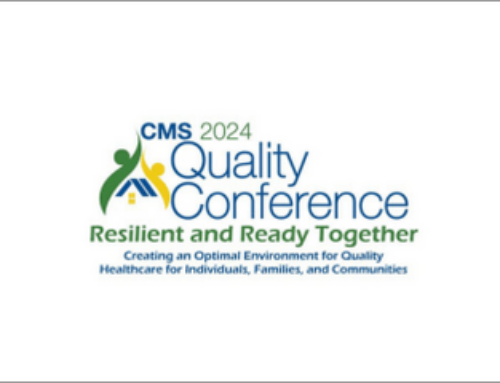On Thursday, Nov. 16, members of the AASM Coding & Compliance Committee and Advocacy Committee joined AASM staff in traveling to Capitol Hill in Washington, D.C., to advocate for physician payment reform during the AASM’s health policy Hill Day. The primary topics of discussion were the impact of consistently decreasing physician reimbursement and the importance of telemedicine for patients with sleep disorders.
Participants met with the following U.S. House and Senate offices:
- Senator Braun (R-IN)
- Representative Bush (D-MD)
- Senator Casey (D-PA)
- Representative Mfume (D-MD)
- Senator Schmitt (R-MO)
- Representative Spartz (R-IN)
- Senator Van Hollen (D-MD)
- Senator Young (R-IN)
AASM representatives addressed the following issues:
- Urged members of Congress to support R. 2474, the “Strengthening Medicare for Patients and Providers Act.”
- Encouraged support for a proposal from the GOP Doctors Caucus, which addressed:
- Proposed changes to budget neutrality
- More consistent updates to direct costs impacting practice expense relative value units (RVUs) for physician practices
- Limitations on year-to-year conversion factor variance
- Emphasized how the impending 3.37% cuts for implementation on Jan. 1, 2024, will impact access to care and quality of care for patients with sleep disorders
- Expressed support for the Senate Finance Health Committee Telehealth Permanency hearing, held Nov. 14, which focused on Medicare beneficiary access to health care through potentially permanent telehealth flexibilities
AASM representatives will continue to communicate with Medicare and congressional leaders to share how sleep practices and facilities continue to work to stay viable amid consistent reductions in reimbursements, given the impact of the COVID-19 public health emergency and skyrocketing rates of inflation.
Questions about the AASM health policy Hill Day and physician payment reform can be sent to coding@aasm.org. Visit the online AASM Action Center to get involved by contacting your elected officials.








